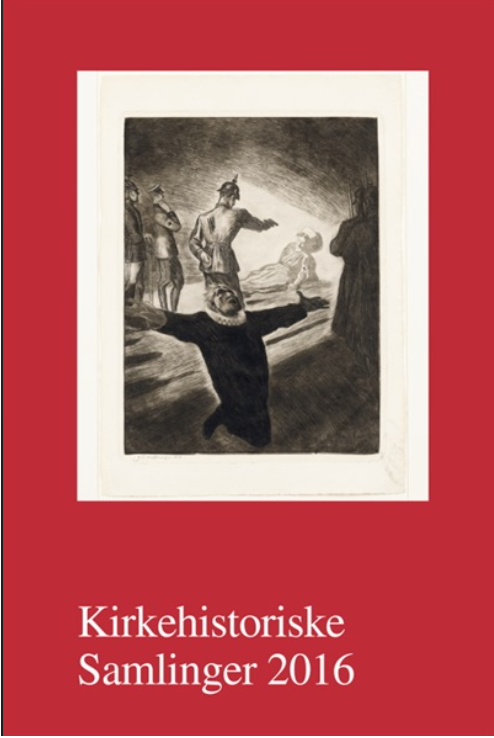Publiceret 15.12.2016
Citation/Eksport
Copyright (c) 2016 Tidsskriftet Kirkehistoriske Samlinger

Dette værk er under følgende licens Creative Commons Navngivelse – Ingen bearbejdelser (by-nd).
Resumé
Denne artikels formål er at give en samlet præsentation af ti ledende kirkelige filantropers tænkning i perioden fra 1866, hvor Christianhavns Understøttelsesforening på initiativ af to præster ved Vor Frelsers kirke så dagens lys, til 1900, da N.C. Dalhoff udgav sine forelæsninger over diakoni afholdt på pastoralseminariet. Derfor behandler artiklen ikke den rent humane filantropi, som den fx fandt udtryk hos professorerne Rasmus Nielsen (1809-1884) og Harald Høffding (1843-1931). Ej heller behandles stiftsfysikus Frederik Krebs (1814-1881) og hans betydelige bidrag til arbejdet i den store fattigkommission (1869-1871). Biskop Hans Lassen Martensens væsentlige synspunkter på kirkens forhold til fattigdommen er heller ikke medtaget, da de kun i mindre grad omhandler det filantropiske spørgsmål. Fokus er rettet mod ti centrale skikkelsers tanker om filantropi og diakoni, idet fremstilingen er struktureret ud fra en kronologi, der bygger på deres arbejders tidsmæssige placering i perioden. Af omfangsmæssige grunde er der kun i meget begrænset udstrækning henvist til sekundærlitteratur af kirke- og diakonihistorisk karakter. Jeg har villet lade de ti mænd og deres tekster tale for sig selv.
Summary
Discussions about philanthropy and the Church are presently taking place in the Danish Church (Folkekirken). The aim of this article is to give an indirect contribution to that discussion by revisiting the views of ten outstanding men participating in the debate on Christian philanthropy in the last part of the 19. Century (V. Munck, J.C. Holck, H. Stein, G. Schepelern, H. Westergaard, J. Friis Hansen, R. Volf, J. Clausen, L. Koch and N.C. Dalhoff). Their common view was that human philanthropy was inadequate, because emphasis was given to material needs only where the spiritual dimension was a necessity. Their ideational universe was guided by the view that the Church could not restrict itself to preach the gospel but had to demonstrate the message by deeds of love, that Christian philanthropy could develop bonds across classes and reduce the risk of socialism, that deeds of love presupposed a distinction between the deserving and the undeserving poor, that charity and compassion could not be replaced by principles of rights. The basic question of today – not discussed by the article – is whether the Church has to revitalize philanthropic efforts in a society in which the needy are met with scepticism.
The article is not based on a thematic structure, because the aim has
been to recall the thinking of ten men and the men – of whom many
have been forgotten – themselves.

